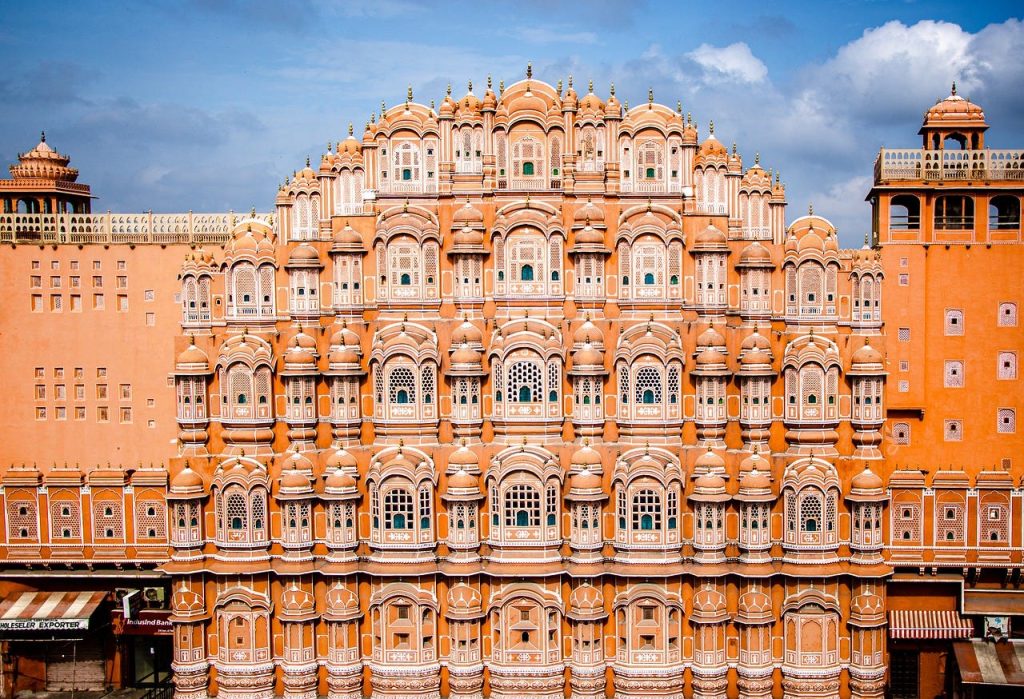Understanding the Indian Tourist Visa Application Process
Planning a visit to India involves navigating through the intricacies of obtaining an Indian tourist visa. Here’s a detailed guide to help you through the process:
Step-by-Step Guide to Indian Tourist Visa Application
- Eligibility Criteria: Check if you meet the eligibility criteria for an Indian tourist visa. This includes having a valid passport, sufficient funds to cover your stay, and a return ticket.
- Types of Indian Tourist Visas: Understand the different types of Indian tourist visas available based on your purpose of visit and duration, such as e-Tourist Visa (eTV) or regular tourist visa. INDIAN TOURIST VISA GUIDE
- Application Form: Fill out the Indian tourist visa application form online with accurate information. Ensure all details match your passport and supporting documents.
- Documents Required: Gather necessary documents including passport-sized photographs, scanned passport copy, travel itinerary, proof of accommodation, and financial statements.
- Fee Payment: Pay the visa fee online using the prescribed payment methods. Fees vary based on nationality and type of visa.
- Processing Time: Indian tourist visa processing times can vary. Apply well in advance to avoid last-minute delays.
- Visa Approval: Once approved, you will receive the Indian tourist visa electronically. Print a copy to present upon arrival in India.
Indian Visa FAQs: Answers to Common Queries
For those seeking clarity on the Indian visa process, here are answers to frequently asked questions (Indian visa questions):
Common Queries About Indian Visas
- How long does it take to get an Indian tourist visa?
- Processing times vary but typically range from a few days to a few weeks. Apply early to allow for processing.
- Can I extend my Indian tourist visa?
- Indian tourist visas can be extended in certain cases. Contact the Foreigners Regional Registration Office (FRRO) in India for extension procedures.
- What are the fees for an Indian tourist visa?
- Fees depend on the type and duration of the visa. Refer to the official website or embassy for current fee structures.
- Do I need a visa for India if I have a layover?
- If you plan to leave the airport during a layover in India, you will need a tourist visa. Otherwise, a transit visa suffices for staying within the airport.
- Is travel insurance mandatory for an Indian tourist visa?
- Travel insurance is not mandatory for an Indian tourist visa, but it is highly recommended to cover medical emergencies and trip cancellations.
Conclusion
Navigating the Indian tourist visa process involves understanding the application requirements, preparing the necessary documents, and following the correct procedures for a smooth approval. With this guide and answers to common queries, you are well-equipped to embark on your journey to India.
Ensure you have all documentation in order and apply early to avoid any delays. Consult the official Indian visa website or embassy for the latest information and guidelines. Prepare to experience the rich culture, historical landmarks, and diverse landscapes that India has to offer with your approved Indian tourist visa in hand.

